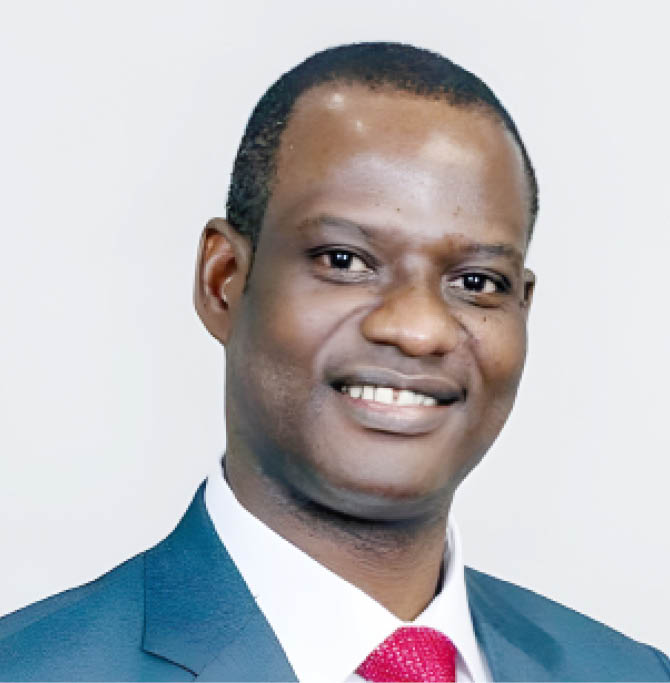‘Tax bills for passage March, implementation July’
The Chairman of the Presidential Committee on Tax Policy and Fiscal Reforms, Taiwo Oyedele, has disclosed that the controversial tax reform bills currently before the National Assembly will be passed into law in the first quarter (Q1) of 2025. Daily Trust reports that on October 13, 2024, President Bola Tinubu asked the National Assembly to […]

taiwo oyedele, chairman, presidential committee on fisical policy and tax reforms
The Chairman of the Presidential Committee on Tax Policy and Fiscal Reforms, Taiwo Oyedele, has disclosed that the controversial tax reform bills currently before the National Assembly will be passed into law in the first quarter (Q1) of 2025.
Daily Trust reports that on October 13, 2024, President Bola Tinubu asked the National Assembly to consider and pass four tax reform bills.
The bills have received huge backlash, especially from those who labelled it as anti-north.
The NASS is expected to resume deliberations on the bills after suspension of actions on it last year.
- $6bn Mambilla power contract deal: Obasanjo, Buhari testify in Paris court
- Niger tanker explosion: 86 buried, 43 hospitalised, others missing
The bills, however, have received the backing of the Nigerian Governors Forum (NGF).
NGF also proposed a new “equitable” sharing formula for VAT.
Speaking at the weekend at The Platform, an event organised by The Covenant Nation to facilitate national development, Oyedele said the implementation of the tax reform bills will commence in July.
“I need to talk about the tax reforms. Part of the expectation is we expect the tax reforms to be approved, particularly the tax reform bills in 2025.
“Our expectation is before the end of Q1 and therefore, we can give notice to taxpayers to prepare themselves with capacity and begin to implement around 1st of July,” he said.
Speaking on fuel subsidy, Oyedele described the period before the removal as one characterized by “Window-dressed realities.”
Oyedele argued that while subsidies made fuel, electricity, and other essentials appear affordable, they masked the unsustainable fiscal realities underpinning the Nigerian economy.
“Removing subsidies is the best decision we made as a country. And we can now say that for once, the subsidy is gone.
“We were living in window-dressed realities. If you look back to about two years ago, the naira exchange rate was N450 depending on who you asked. But was our exchange rate really N450? If you wanted to buy petrol, it was under N200 per litre, but was it really under N200 per litre?,” he queried.
